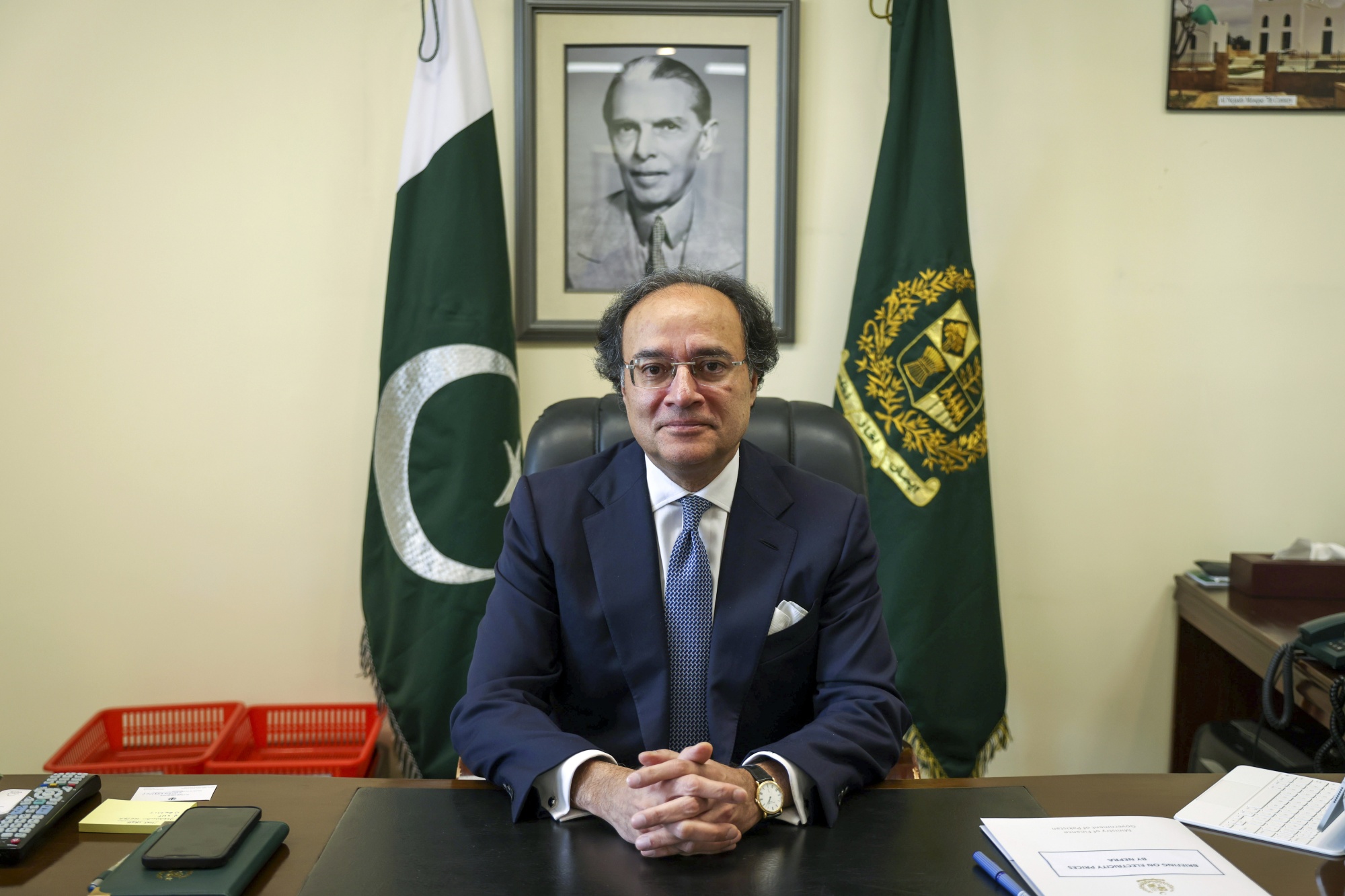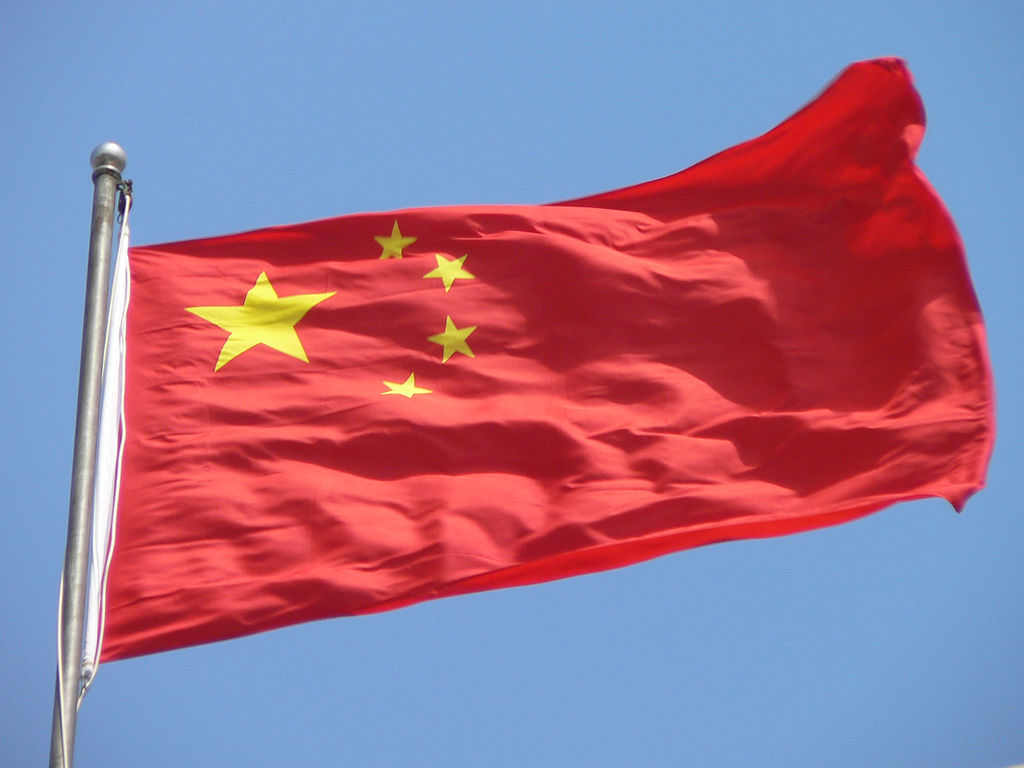March 30, 2022 (MLN): Half of Russia’s 20 richest people have not been sanctioned over its war in Ukraine, leaving a group of the super-rich, powerful billionaires free to operate around the world without legal restriction, a report by Bloomberg noted.
In total, tycoons worth a total of least $200 billion before the war started have been hit by sanctions. Yet the list of who’s blocked –and who’s not – reveals a patchwork pattern of cross-border penalties that has spared many Russians with business interests in key global markets, a Bloomberg News analysis shows, it added.
The attempt to isolate Russia from international finance and pressure President Vladimir Putin – while minimizing spillover to the global economy – has seen the U.K. sanction 10 of the richest billionaires and the European Union nine. By contrast, the U.S. has sanctioned just four.
The report further highlighted that only three men feature on all three lists, with four of Russia’s five richest men not sanctioned anywhere. They are led by the country’s richest man, Vladimir Potanin, a metals magnate who was worth $30 billion on February 18, the final day of data before sanctions began rolling out three days later.
The richest sanctioned Russian on the list is Alexey Mordashov, the controlling shareholder in Severstal PJSC, Russia’s fourth-largest steelmaker, who had his assets frozen by the EU on February 28 and by the U.K. two weeks later.
Tracking who’s sanctioned where remains difficult because of Washington, Brussels and London issue penalties in a series of unlinked notices. Australia, Canada and Japan have imposed their own restrictions.
As per experts, decisions not to censure some of Russia’s richest men is at least partly linked to their critical stakes in vast energy, metals and fertilizer companies.
“There are reasons to go after some oligarchs and there are reasons to hold some in abeyance,” says John Smith, who headed the U.S. Treasury’s sanctions unit, the Office of Foreign Asset Control (OFAC), until May 2018, and is now a partner at law firm Morrison & Foerster in Washington, D.C.
It can either be because they’re not believed to be close to the Kremlin decision-making or that they may be too difficult to sanction at the outset, and governments want to develop a plan before they pull the trigger, he added.
Some Russians were targeted because of their clear links to state-owned companies, regardless of their net worth: Igor Shuvalov, a former first deputy prime minister, is now chair of state-owned bank VEB, while Sergey Ivanov is CEO of state-controlled diamond company Alrosa PJSC and a board member at Gazprombank.
The unprecedented sanctions are rippling across continents, with wealthy Russians moving assets and unwinding holdings as authorities in Italy, France, Spain and elsewhere have moved to seize yachts and ground private jets.
Alisher Usmanov, who owns 49% of USM, which controls steel and iron ore producer Metalloinvest, was sanctioned by the U.S., U.K. and the EU. He had already transferred most of his real estate and other property into irrevocable trusts of which he is no longer a beneficiary, a spokesperson said.
That move has complicated government efforts to block his property, including his 156-meter-long yacht Dilbar, now languishing in Hamburg, Germany. Concerns about possible market fallout quickly became clear, even though Usmanov is believed to own just under 50%, the threshold at which sanctions kick in on his companies.
After the U.S. sanctioned Usmanov on March 3, blocking his personal assets, the U.S. Treasury turned around the same day and issued licenses allowing any companies majority-owned by him, directly or indirectly, to continue operating, he added.
The report went on to say that the action has not been unanimous. Any major business operating in Russia do so only with Putin’s blessing; the billionaires must stay on the right side of the government. Still, proximity to Putin isn’t easy to measure and wealth by itself doesn’t always translate into influence over the Kremlin, as some sanctioned billionaires have argued.
Will Sanctions on Russians Work?
One month after the invasion, Russia is now the most sanctioned country in the world. Freezing central bank reserves and kicking some banks out of the international payments system has battered the ruble and caused the country to teeter on the verge of default, the report said.
However, Bloomberg’s analysis of thousands of sanctions records shows there are striking differences between the penalties imposed by the U.S., U.K. and EU.
Overall, the U.S. has frozen the assets of 852 people, the European Union 775 and the U.K. 982. But many of those sanctions do not overlap. While almost 550 people have been sanctioned by both the U.K. and EU, common ground with the U.S. is more elusive.
“A primary objective of sanctions has to be that we hurt the sanctions target more than we hurt ourselves,” Smith says.
When you talk about gas, Europe still needs Russia. The U.S. and its allies will be looking very carefully to see what products from Russia may be nearly essential to us and third-country companies and seek to avoid those impacts, he added.
Copyright Mettis Link News
31744







